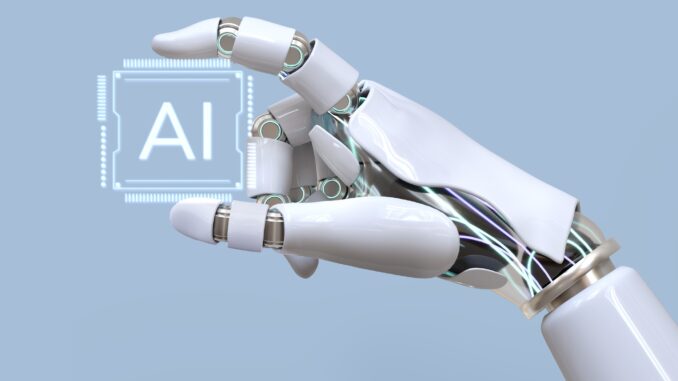
You’ve probably heard of Unity, the cross-platform game engine and development environment that’s super popular with developers for creating all kinds of interactive content. Lately, the integration of artificial intelligence (AI) and machine learning has become a huge deal in Unity game development, allowing developers to create more dynamic, engaging, and personalized experiences for players.
In this article, we’ll go over how AI and machine learning are being used in Unity to shake things up in the world of game development, and how these technologies are changing the way we think about interactive entertainment.
What’s AI and How’s it Used in Unity?
AI is essentially a bunch of technologies and techniques used to make intelligent machines that can think and act like humans. In game development, AI is often used to make non-player characters (NPCs) that can interact with players in a realistic way. This can mean simple things like following a path or avoiding obstacles, or more complex stuff like making decisions based on player actions or reacting to changing game conditions.
There are plenty of ways to integrate AI into Unity projects, including pre-built AI assets and tools, custom scripting, and machine learning techniques. Some examples of AI-related features you might find in Unity games include NPC navigation and pathfinding, decision-making and reactive behaviors, and machine learning-based techniques for generating content or improving game performance.
What’s Machine Learning and How’s it Used in Unity?
Machine learning is a subcategory of AI that involves training models to perform tasks by learning from data, instead of being explicitly programmed to do those tasks. In game development, machine learning can be used for all sorts of tasks, including content generation, optimization, and gameplay prediction.
One way machine learning can be used in a Unity game is for content generation. A game might use machine learning to generate levels or enemies that are customized to the player’s skill level or preferences. This could involve training a machine learning model on data about player performance in the game, and using that model to generate levels or enemies that are suited to the player’s ability.
Another example of how machine learning can be used in Unity is for optimization. A game might use machine learning to optimize its performance by training a model to predict which parts of the game are causing performance bottlenecks, and adapting the game’s behavior to fix those bottlenecks.
Lastly, machine learning can also be used for gameplay prediction in a Unity game. For instance, a game might use machine learning to predict how players are likely to behave in certain situations, and adjust the game’s difficulty or rewards accordingly.
The Benefits of Using AI and Machine Learning in Unity
Using AI and machine learning in Unity game development has tons of benefits for developers and players alike. Some of the key advantages of using these technologies in Unity include:
- Improved NPC Behavior: AI-powered NPCs can be programmed to act more realistically and believably, making the game world feel more immersive and alive.
- Better Gameplay: Machine learning can be used to generate customized content and adapt the game’s difficulty or rewards to the player’s skill level or preferences, resulting in a more enjoyable and challenging experience.
- Greater Personalization: The use of machine learning in Unity games can enable more personalized experiences for players, by generating content that’s tailored to their specific interests and abilities.
- Enhanced Performance: Machine learning can be used to optimize the performance of Unity games, by predicting and addressing potential bottlenecks in the game’s code.
- Increased Efficiency: By automating certain tasks with machine learning, Unity developers can save time and resources, and focus on more creative and value-added aspects of game development.
Examples of AI and Machine Learning in Unity Games
To get an idea of how AI and machine learning are being used in Unity games, check out these examples:
- “The Last of Us Part II”: This super popular action-adventure game uses AI to power the behaviors and decisions of NPCs, as well as to optimize the game’s performance.
- “No Man’s Sky“: This procedurally generated space exploration game uses machine learning to generate a vast and diverse universe, filled with unique planets, creatures, and other content.
- “Fortnite“: This super popular battle royale game uses machine learning to optimize the performance of the game, as well as to generate custom events and challenges for players.
Conclusion
As AI and machine learning technologies continue to advance, we can expect to see even more innovative and dynamic uses of these technologies in Unity game development. Whether it’s enhancing NPC behavior, improving gameplay, or increasing personalization, the integration of AI and machine learning into Unity is helping to shape the future of interactive entertainment.
If you’re a business, engineer, or creative looking to get in on the action in the world of Unity game development, the integration of AI and machine learning offers a ton of opportunities to create innovative and engaging experiences for players.


Be the first to comment